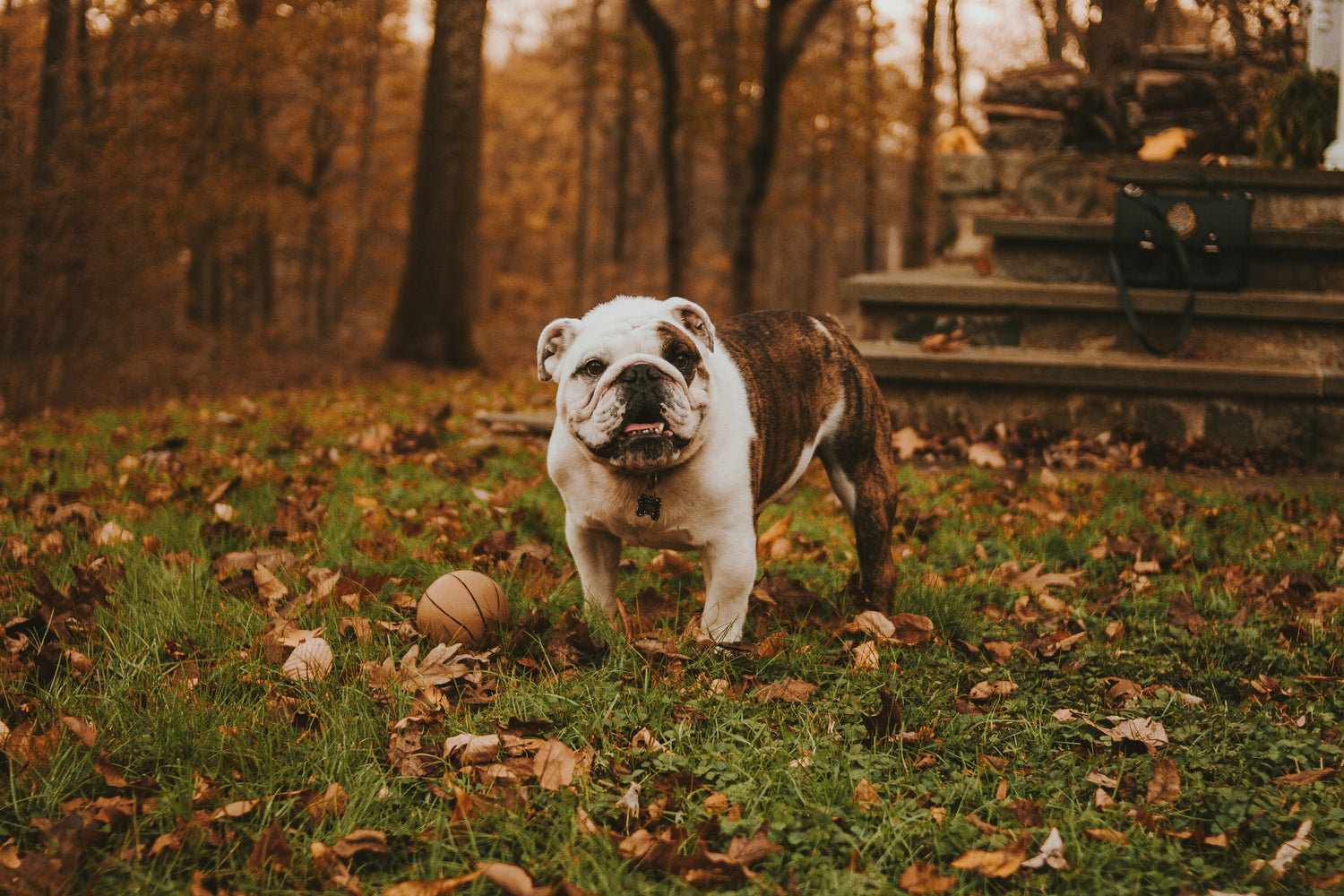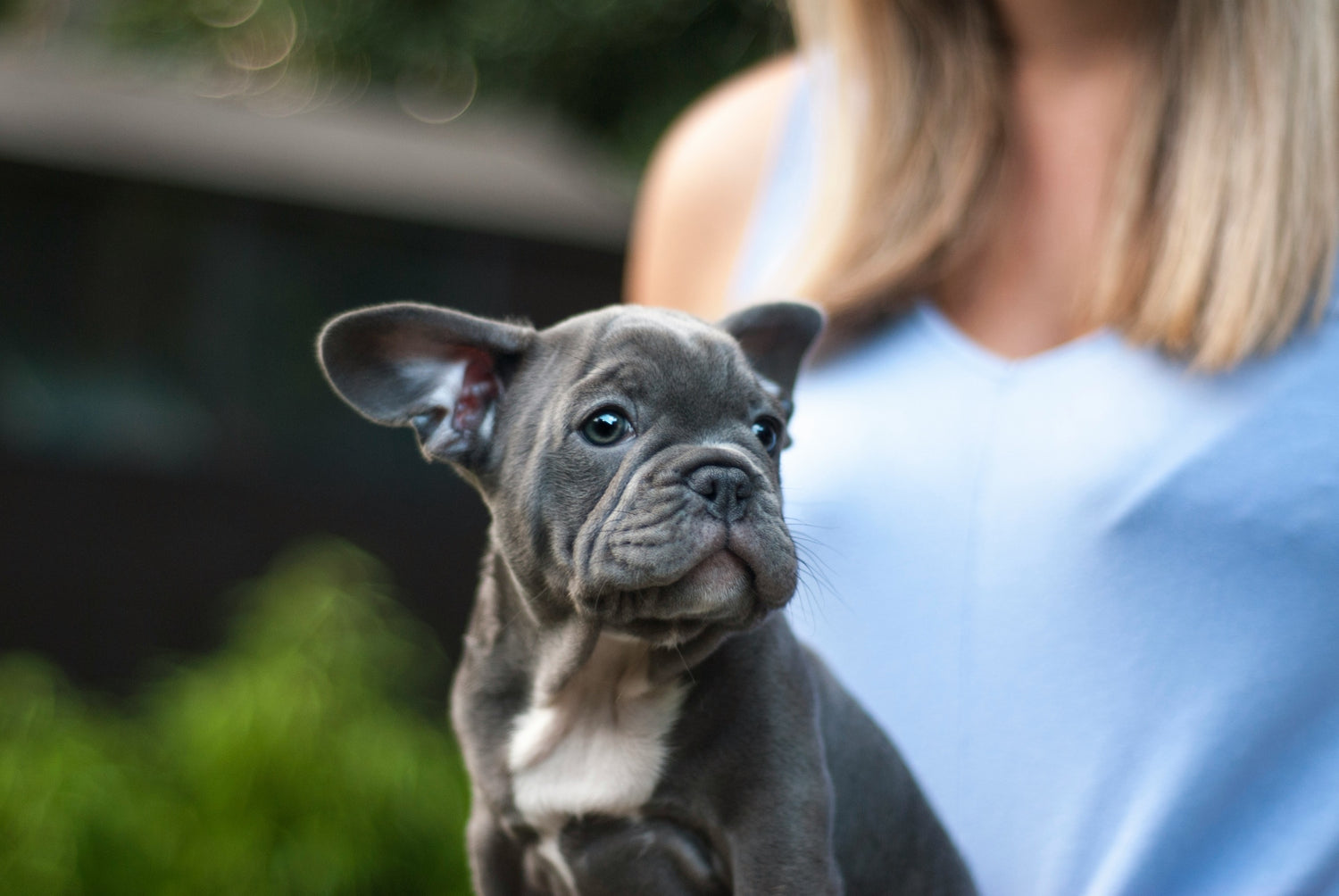Why is my dog’s tummy upset?
Every dog is an individual, and there are many reasons why your dog's digestion and stomach might be off. Some causes of upset digestion include:
- Low quality ingredients
- Dietary intolerance and allergies
- Excess protein and fat
- Overfeeding
If you're worried your dog is suffering with an allergy or intolerance, check out our guide to Dog Allergies & Intolerances here:

What sort of diet should I choose for an upset tummy?
- Hypoallergenic, natural, containing wholegrains such as brown rice or wholegrain maize
- A simple recipe with a single protein source
- Lower in protein and fat
- Free from additives
- Highly digestible (less waste)

Our digestion tips and advice:
- Check with your vet to rule out other possible causes, and undergo an elimination diet to rule out certain ingredients
- Keep to the same diet for around 12 weeks.
- Avoid beef, wheat and dairy, as these account for 70+% of food intolerance in dogs.
- Look for novel ingredients - ones your dog hasn’t eaten before.
- Feed sparingly. Overfeeding can cause upset tummies.
- Avoid treats, dental chews and table scraps – vegetables are OK.
Check out our Sensitive range
Not sure where to start? Burns Sensitive Pork and Potato is highly digestible and made with novel ingredients which are less likely to cause a dietary reaction. Discover this and the rest of our Sensitive range here:














